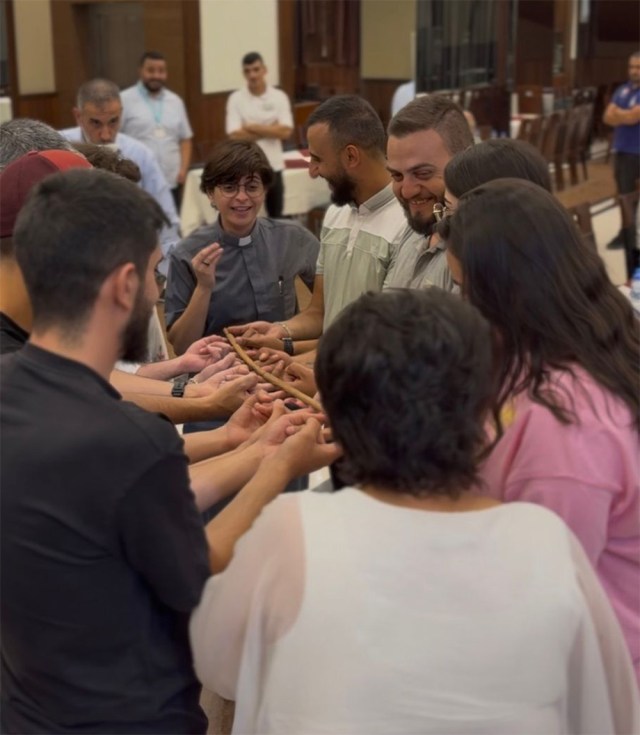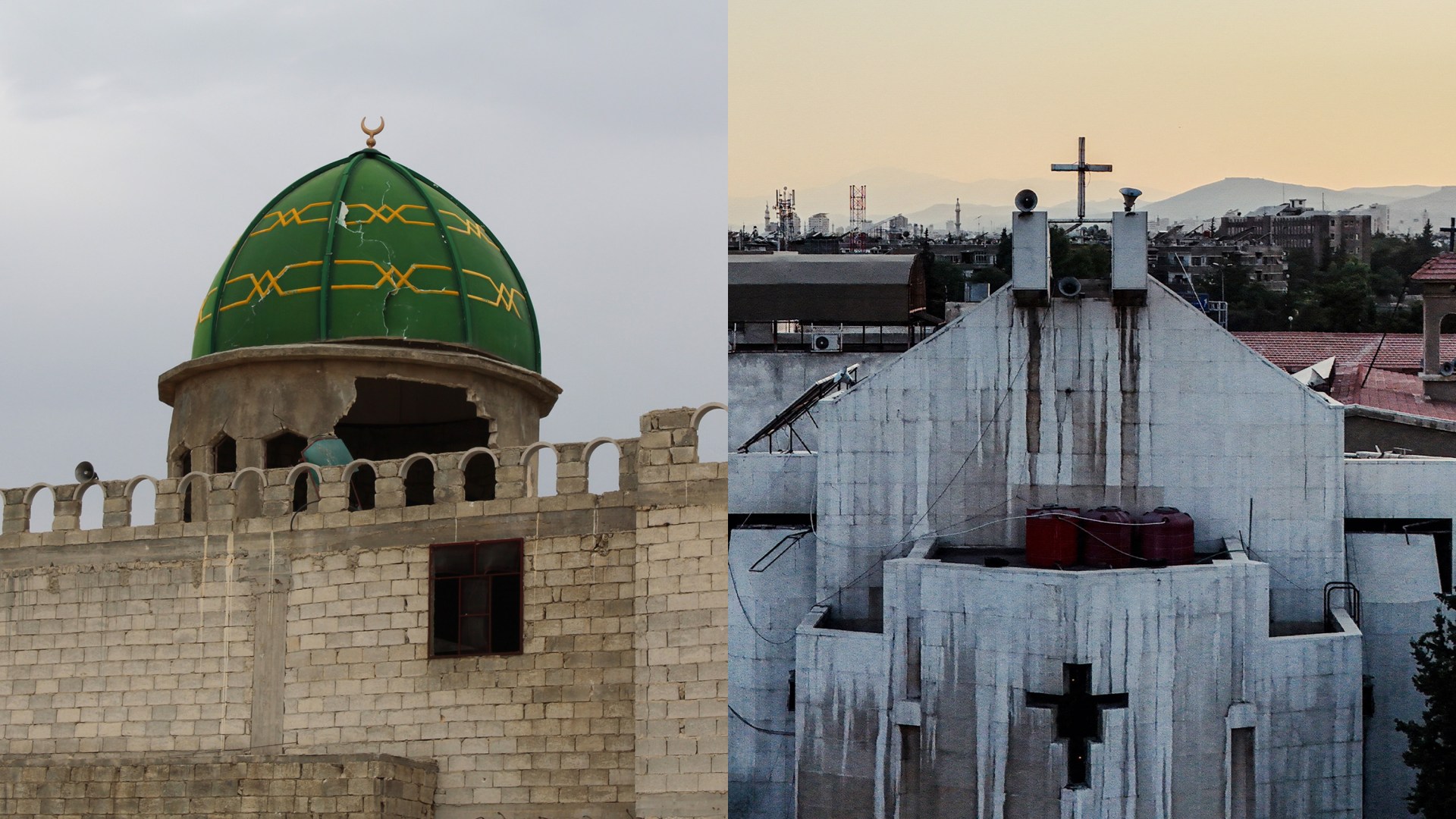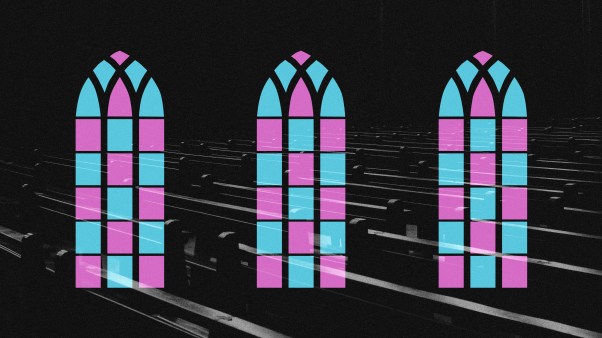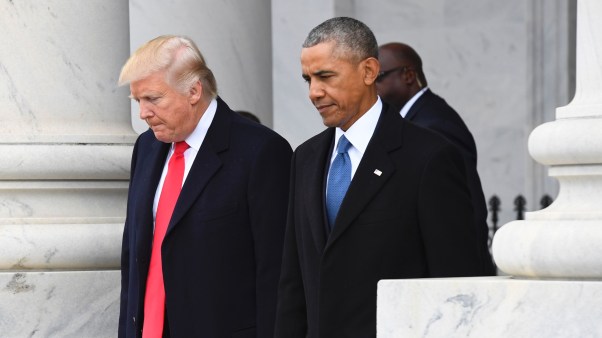This is the first part of a three-part series about the problem of sectarianism in the Middle East and how the interfaith group, Adyan Foundation, seeks to pave a new path in Lebanon and Iraq.
The Middle East is a diverse region with Muslims, Jews, and Christians living together, along with each religion’s many sects or denominations. Ethnically, the region is peopled with Arabs, Jews, Kurds, Armenians, and Berbers. And despite speaking Arabic, many Assyrians, Copts, Samaritans, Yazidis, and Kakai maintain a separate ethnic identity.
Each sect, with its distinctive history and beliefs, is often deemed at least somewhat heretical by the others. While in Western countries theological disagreements do not usually end up harming the larger society, in the Middle East, sectarianism can lead to conflict and violence between different groups.
Sectarianism in the Middle Eastern context is defined in this article as the politicized prioritizing of one’s religious or ethnic group at the expense of a larger national identity.
Linda Macktaby, a Congregationalist pastor in the National Union of Evangelical Churches in Lebanon, illustrates the difficulty of dealing with sectarianism through a simple game she calls “Stick,” which is played during workshops she leads through Adyan Foundation, a Lebanon-based organization promoting interfaith dialogue and equal rights in the Middle East. Adyan means “religions” in Arabic.
The concept of the game is simple: Six individuals balance a single bamboo rod on their outstretched pointer fingers and lower it until they can lay it on the floor. They must cooperate and go slowly—if anyone’s finger loses contact with the stick, that person is replaced by someone from the crowd of about 20 people. Macktaby appoints from among attendees a referee, who watches carefully for any violation. The outside group can also collectively decide to swap out the original six players.
“We need someone shorter,” an onlooker may call out. “You’re going too fast,” says another. Multilingual Lebanese often speak Arabic, English, and French, but when mixed with other nationalities, one language prevails and the less fluent are quickly replaced for the sake of communication. Across the many sessions she’s led, Macktaby finds that, before long, the crowd tends to remove the tall people—who then stand on the sideline criticizing the shorter players. Those displaced by language sulk into the background. Sometimes the tide turns against the women.
But Macktaby makes it worse. She starts shouting advice to the players. She makes a blind suggestion that someone from the crowd would have a steadier hand. And she criticizes the referee, sometimes inserting herself to expel an offender. Tensions rise. The stick falls. Not once in all the workshops she’s led has Macktaby seen a group successfully reach the floor.
After the game, Macktaby explains that the task appears simple, but the rule of finger contact makes it nearly impossible. She gently rebukes the participants: “Why did you allow me to interfere? I undermined the judge and played you off against one another.” Without fail, the workshop attendees—all friends before the game—divide themselves into sects.
And this, she explains, is where sectarianism comes from.
In the game of Stick, the challenge is to lay down the bamboo stick. In nations around the world, including in the Middle East, the challenge is to create a functioning society. In both Stick and politics, the rules and behavior of the leader can erode trust and cooperation.
 |
| Linda Macktaby supervising a game of “Stick.” |
Many assume religion to be the root of division in the Arab world, but diverse beliefs and identities are a fact of life in most societies. Instead, those in charge—politicians, businessmen, and foreign interests—are driven by competition over resources and rely on sectarianism to manipulate the rules and play one group off another, Macktaby said.
In some nations, a strongman relies on his religious group to maintain legitimacy, such as how leaders in Saudi Arabia and Qatar have traditionally leaned on their conservative Wahhabi ideology within a largely Sunni Muslim population. But in Bahrain, a Sunni monarch governs a Shiite majority nation. Similar minority rule existed in Iraq prior to the overthrow of Saddam Hussein and in Alawite-led Syria before the recent fall of Bashar al-Assad.
In the Gulf states of Saudi Arabia, Qatar, and Bahrain, oil money has provided economic prosperity that has dampened dissent over which tribe within the dominant sect lays claim to leadership. In Iraq and Syria, nominally secular republican governments have given the appearance of popular assent. In all, the leader carefully guards access to state resources, doling out political and economic benefits to members of sects that cooperate with the regime.
Where there is rule of law, healthy competition over power can fuel a functioning society. But often in the Middle East, competition takes place within and between sects over who can get closest to the leader at the center of power. And such a leader may then rely on fear to keep each group in line.
Beware the fundamentalist Muslims, some might say. Or Christians, connected with neocolonialist powers in the West. Wielding the heavy hand of the state, the leader ensures the compliance of all.
Such rhetoric may not be entirely false. Traditional Muslims might oppose alignment with Western nations—popularly assumed to be “Christian”—that push to normalize homosexuality. Alternately, contemporary Muslims might prefer modern standards of human rights as opposed to strict enforcement of sharia law.
During the Syrian civil war, many Western Christians familiar with the Middle East understood the dilemma of the church in Damascus. Then the dictator fell, replaced by a former al-Qaeda member. The new leader promised fairness amid an environment of chaos, leading outside observers to ask: Should we believe him? Can he deliver? Would Syrians have been better off with authoritarian stability? Can they run a democracy without it devolving into religious violence?
Do these questions suggest that sectarianism infects Western minds also, when considering the Arabs? European sects overcame centuries of hostility to create their modern society. While historical and cultural circumstances vary, there is no fundamental difference between them in human—or sinful—nature.
Sectarianism becomes even more obvious in Middle East nations without a strong central government—namely, Lebanon and post–American invasion Iraq. Here, the rules of the game specifically appoint political positions to sectarian communities. These practices derive both from formal constitutional procedure and informal agreements by political elites.
In Lebanon, the president must be a Maronite Christian, the prime minister a Sunni Muslim, and the speaker of parliament a Shiite Muslim. The parliament is divided evenly between Christians and Muslims. Within each group, the religion’s sects are proportionally assigned seats. Protestants, for example, are allotted a single member.
In Iraq, ethnicity is a factor, as the president must be a Kurd. The other posts are determined by religion: The prime minister is a Shiite Muslim and the speaker of parliament a Sunni Muslim. Only women and religious minorities have a parliamentary quota, but political parties largely organize and secure seats according to their sectarian identity.
In principle, the system protects each sect from dominance by the others. Nations like Belgium and Switzerland have similar patterns to manage internal diversity, said Abdo Saad, the regional programs director for Adyan. By prioritizing national identity, strong institutions, and democratic practice, these countries have united their distinct language and religious groups.
But in the Middle East, France (in Lebanon) and America (in Iraq) had an outsized role in the early development of written and informal rules in partnership with local elites, Saad said. The two countries are now more democratic than their preceding systems of Ottoman, colonial, and Saddam Hussein rule, Saad added, but if ordinary people are asked if the government benefits them, they will laugh.
In 2019, both Lebanon and Iraq experienced popular uprisings against corruption and the sectarian nature of government. After failing to become a true revolution, the people voted the same parties back into power. Consider how in the US, many find fault with both the Republican and Democratic parties, but would not throw away their vote, so to speak, on a third-party candidate unlikely to win. The alternative of losing to the side one likes least makes it difficult for new political entities to emerge.
In practice, the system incentivizes citizens to rally behind their sectarian leaders. Each branch of government has checks and balances on the power of the other sect. But the result is that political life tends to revolve around issues of identity instead of ideology and political programs.
Voting does matter. The percentage of parliament that each sectarian party wins often determines the distribution of posts within government ministries. Yet informal agreements ensure that each sect presides over a certain influential sector—such as policing, finance, and public works—or else they rotate between these positions. Politicians then reward their supporters with jobs in these sectors. Corruption becomes endemic, including within the judicial system.
What can be done about sectarian governance? Parts two and three of this series offers Lebanese and Iraqi answers to the question of managing sectarian differences.









